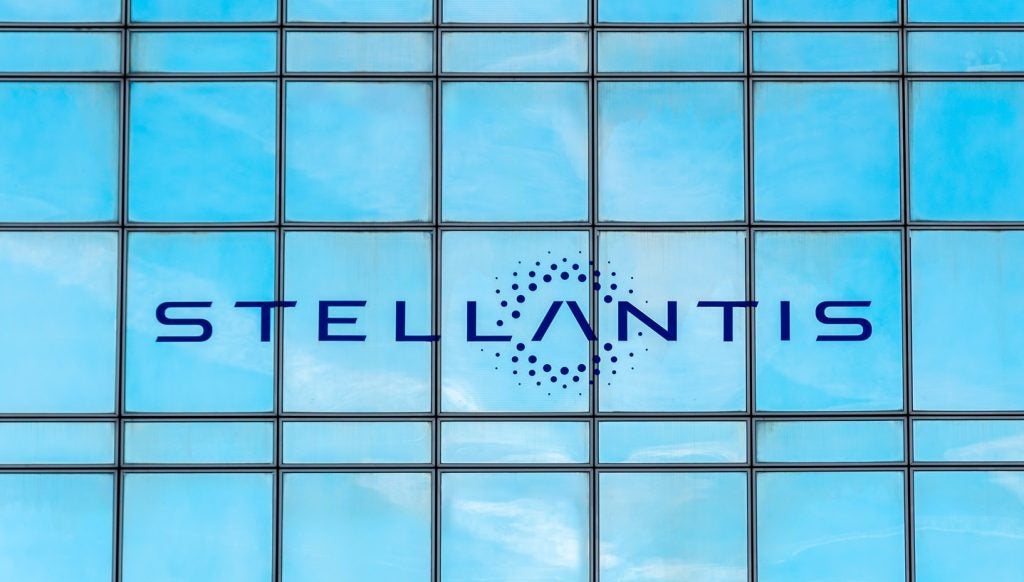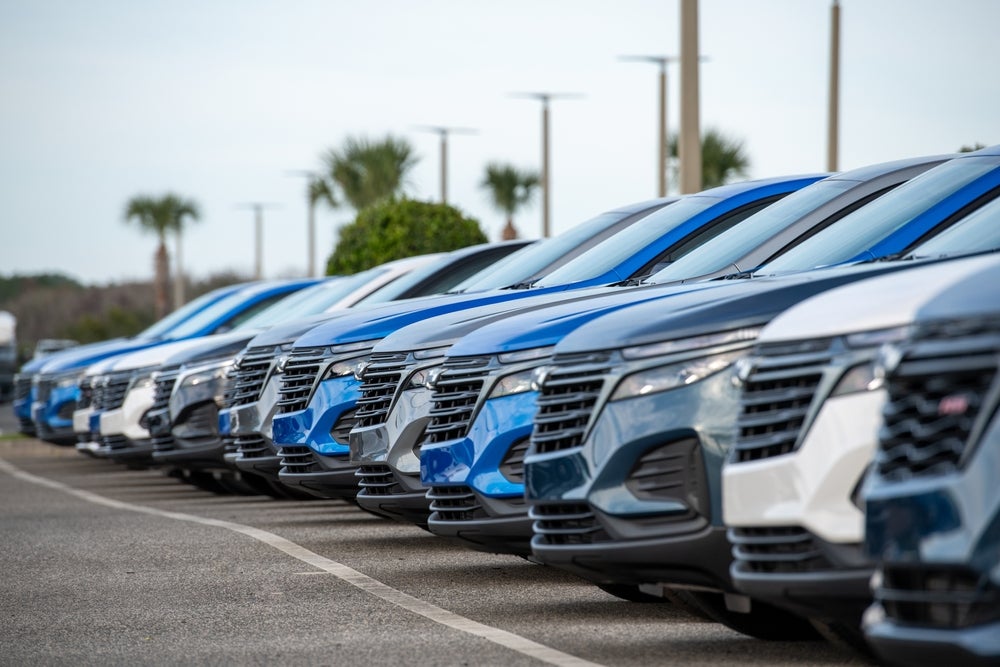
With a tough 2017 ending and 2018 predicted to continue the slowdown, the Vehicle Remarketing Association (VRA) morning conference looked at how companies could cope. Jonathan Minter reports back on the key talking points
Since a record March, it has been no secret that the car market had slowed down, with several months seeing double-digit year-on-year declines in sales.
This has generated a lot of negative press, and doomsday-type coverage, with the spectre of the 2008 crash still relatively fresh in the memories of several industry insiders.
For Mike Allen, head of research at Zeus Capital, the situation is far less bleak. The problem is that after several consecutive years of growth and a record of almost 2.7 million, sales were bound to slow at some point.
Speaking at the VRA’s conference in Leicester, Allen said: “If you look at the 17-year average of the market, it is just above 2.3 million. I remember celebrating 2 million markets. The forecasts going into next year for a 2.4 million market is way ahead of the 17-year average. If you were to go back 10 years, you would not say a 2.4 million market was a disaster.”
Overall Allen described Zeus’s position as “cautious” going into 2018, but that it did not expect a “disaster or 2008-type scenario”.
How well do you really know your competitors?
Access the most comprehensive Company Profiles on the market, powered by GlobalData. Save hours of research. Gain competitive edge.

Thank you!
Your download email will arrive shortly
Not ready to buy yet? Download a free sample
We are confident about the unique quality of our Company Profiles. However, we want you to make the most beneficial decision for your business, so we offer a free sample that you can download by submitting the below form
By GlobalData2018 will feature a number of challenges – a weakening currency, Brexit-related uncertainty, and so on – but Allen specifically mentioned “the number one concern for a lot of dealers” as being cost pressures.
Electric cars
With diesel cars struggling, and even petrol cars not doing especially well, a number of speakers on the day looked at some of the challenges facing electric cars, and how best to increase their sales.
Analysing the Autumn Budget, Chris Cummings, head of tax at ASE Global, pointed to the £400 million that the UK government has committed to building the infrastructure necessary for the more widespread adoption of electric cars.
Cummings noted that dealers could, in many cases, be doing more to help shift more electric cars: “I make this point to all dealers I speak to, even those who don not sell electric cars. If Sainsbury’s has an electric charging station, and Asda does, and they do not sell cars, why haven’t you? How do you get customers to come to your place of business when you have not got a charging station?
“They say ‘Well we do not sell EVs’. If you put one there, then the person with an electric car might come and say hello.”
Regulation
Regardless of dealer preparedness, alternative-fuel vehicles (AFVs) will likely continue to increase their market shares in the future.
Regulation is part of the reason for this, and Giles Rayner, manager of the used car business unit at Nissan, noted that a number of German and French regional authorities have plans to either charge or in some cases ban the use of diesel and/or petrol cars. As a result, French and German manufacturers are going to have to develop meaningful AFV offerings in the near future to cope with their domestic market.
This will have repercussions for the model mix available in the UK, before one even considers the legislation being mooted in the UK along the same lines.
Not that OEMs are appearing to need much encouragement, and Rayner pointed out OEMs are currently on a “product offensive”, with virtually all manufacturers currently offering or developing new electric and hybrid models.
In terms of how Nissan has found electric cars to sell, Rayner pointed out that they are mainly sold on PCP, and that 80% of customers that come to the end of their PCP renew into another Leaf.
Educating dealers
Educating dealers in selling EVs proved an initial investment for Nissan, as in the early days EV customers often knew more than the dealer about the new technology – as early adopters tended to be passionate about the fuel type, and were coming specifically for an electric car.
Now, though, Rayner said the vast majority of EVs being sold are to people who turned up at the showroom not thinking about buying an electric car.
Rayner said Nissan uses three questions to establish whether an EV is suitable for a prospective buyer:
- Do you have off-street parking?
- How often do you drive more than 100 miles a day?
- Are you interested in driving a car that will cost 2p a mile to drive?
If the answers to all three are favourable, the dealer will suggest looking at an EV.
Rayner added: “It took us 10 years to figure that out. Two years ago we deployed that, and it was like a eureka moment.”







